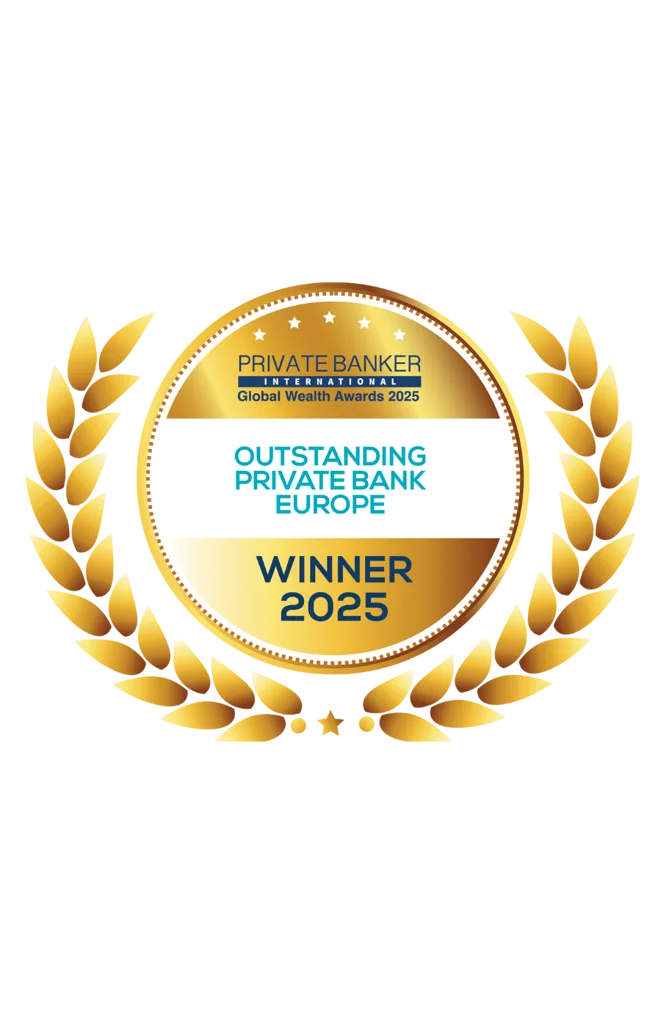This is supported by several academic studies, which show evidence of boosting investment returns when incorporating ESG factors. Successful engagement and companies managing ESG risks can have a positive effect on performance. Factors like changing regulation, companies making sustainability pledges and consumer behaviour (especially in younger generations) add to a healthy long-term investment case for sustainability.
Sustainable investing can also create value for investors beyond investment performance as they can align their own values and beliefs with their investments.

“Academic research links sustainability with financial outperformance”
A significant amount of independent research has been done on the financial merits of incorporating ESG factors into the investment process. The general conclusion being that it adds value. The university of Oxford did an aggregated meta study on 200 other individual studies on sustainably and corporate performance and found the following (1) : Of the reviewed sources…
I. 90% concluded that good ESG standards lowers cost of capital
II. 88% showed that good ESG practices results in better operational performance; and
III. 80% showed that stock price performance is positively correlated with good sustainability practices.
 “Younger generations have a stronger focus on sustainability”
“Younger generations have a stronger focus on sustainability”
The trend towards more sustainability is also visible in consumer behavior. Especially younger generations have a stronger focus on sustainability and are adapting their consumption and purchasing behavior accordingly. According to a recent study (4), the majority of Gen Z shoppers (born between 1997 and 2012) demand sustainable retail and most are willing to spend 10% more on sustainable products.

“Successful engagement with companies can boost outperformance of the stock”
We consider active ownership as our most important and powerful tool to promote environmental and social characteristics. We engage investee companies collectively with other shareholders regarding subjects like climate change risk, sustainable reporting and strategy and corporate culture. A study published in the Journal of Business Ethics showed that targeted firms in the lowest ex ante ESG quartile outperform matched peers by 7.5% in the year after the end of the engagement (2).

“Companies which manage ESG risk well are correlated to being quality companies”
Management awareness of the societal impact of a company is considered as a sign of quality. Having a strong societal profile improves the reputation of a company, making it more attractive to both clients and staff. A study by NYU Stern Center for Sustainable Business and Rockefeller Asset Management (3) showed that Sustainability initiatives at corporations appear to drive better financial performance due to mediating factors such as improved risk management and more innovation.
Companies that pay enough attention to sustainability are also less likely to be involved in scandals that could lead to large fines (such as with BP and Volkswagen in the past).

“Regulation and government subsidies are driving asset flows”
Stricter regulations and corporate commitments to net-zero emissions are driving asset flows. Businesses worldwide are adapting to new standards, making sustainability a critical competitive advantage. Furthermore, large fiscal packages in Europe such as Germany’s infrastructure spending and the Inflation Reduction Act in the US are promoting the energy transition and clean transportation.

“The biggest companies in the world are prioritising energy efficiency”
Across industries, leading global firms are placing energy efficiency at the heart of their net zero strategies. From technology to manufacturing and even oil and gas, businesses are making bold operational changes to reduce energy consumption, lower emissions, and enhance long-term resilience.
Improving energy efficiency is one of the most immediate and impactful ways for companies to cut carbon output while also driving cost savings and innovation. As part of their ESG commitments, many of the world’s largest companies are investing in smarter systems, cleaner technologies, and low-carbon infrastructure—laying the foundation for a more sustainable future.

Source: S&P Sustainable Net-Zero Commitments Tracker Dataset
All these factors combined create a strong and structural tail wind for companies that have a strong ESG profile. Companies that are not paying enough attention to sustainability on the other side will increasingly face risks both from a legal point of view as from a competitive standpoint. Asset owners around the world will want to reflect the preferences of their clients and drive asset flows.
- Clark, Gordon L. et al, From the Stockholder to the Stakeholder: How Sustainability Can Drive Financial Outperformance (March 5, 2015). Available at https://ssrn.com/abstract=2508281 or http://dx.doi.org/10.2139/ssrn.2508281
- Barko, Tamas et al, Shareholder Engagement on Environmental, Social, and Governance Performance. Journal of Business Ethics, 2022, 180, pp. 777–812, CentER Discussion Paper Series No. 2017-040, European Corporate Governance Institute (ECGI) - Finance Working Paper Available at https://ssrn.com/abstract=2977219
- Whelan, Atz, Van Holt and Clark. ESG and Financial performance: Uncovering the Relationship by Aggregating Evidence from 1,000 Plus Studies Published between 2015 – 2020. Available at: https://www.stern.nyu.edu/sites/default/files/assets/documents/NYU-RAM_ESG-Paper_2021.pdf
- Versace, Abssy: World Reimagined, How Millennials and Gen Z Are Driving Growth Behind ESG. Available at Nasdaq.com 23-09-2023
Authors:
AJ Singh Head of Sustainable Investing
Ammar Khan Sustainable Investment Strategist
Martynas Rudavicius Sustainable Investment Strategist
Disclaimer
This document is designed as marketing material. This document has been composed by Quintet Private Bank (Europe) S.A., a public limited liability company (société anonyme) incorporated under the laws of the Grand Duchy of Luxembourg, registered with the Luxembourg trade and company register under number B 6.395 and having its registered office at 43, Boulevard Royal, L-2955 Luxembourg (“Quintet”). Quintet is supervised by the CSSF (Commission de Surveillance du Secteur Financier) and the ECB (European Central Bank).
This document is for information purposes only, does not constitute individual (investment or tax) advise and investment decisions must not be based merely on this document. Whenever this document mentions a product, service or advice, it should be considered only as an indication or summary and cannot be seen as complete or fully accurate. All (investment or tax) decisions based on this information are for your own expense and for your own risk. You should (have) assess(ed) whether the product or service is suitable for your situation. Quintet and its employees cannot be held liable for any loss or damage arising out of the use of (any part of) this document.
The information included is subject to change and Quintet has no obligation after the date of publication of the text to update or inform the information accordingly.
All copyrights and trademarks regarding this document are held by Quintet, unless expressly stated otherwise. You are not allowed to copy, duplicate in any form or redistribute or use in any way the contents of this document, completely or partially, without the prior explicit and written approval of Quintet. See the privacy notice on our website for how your personal data is used (https://group.quintet.com/en-gb/gdpr).





